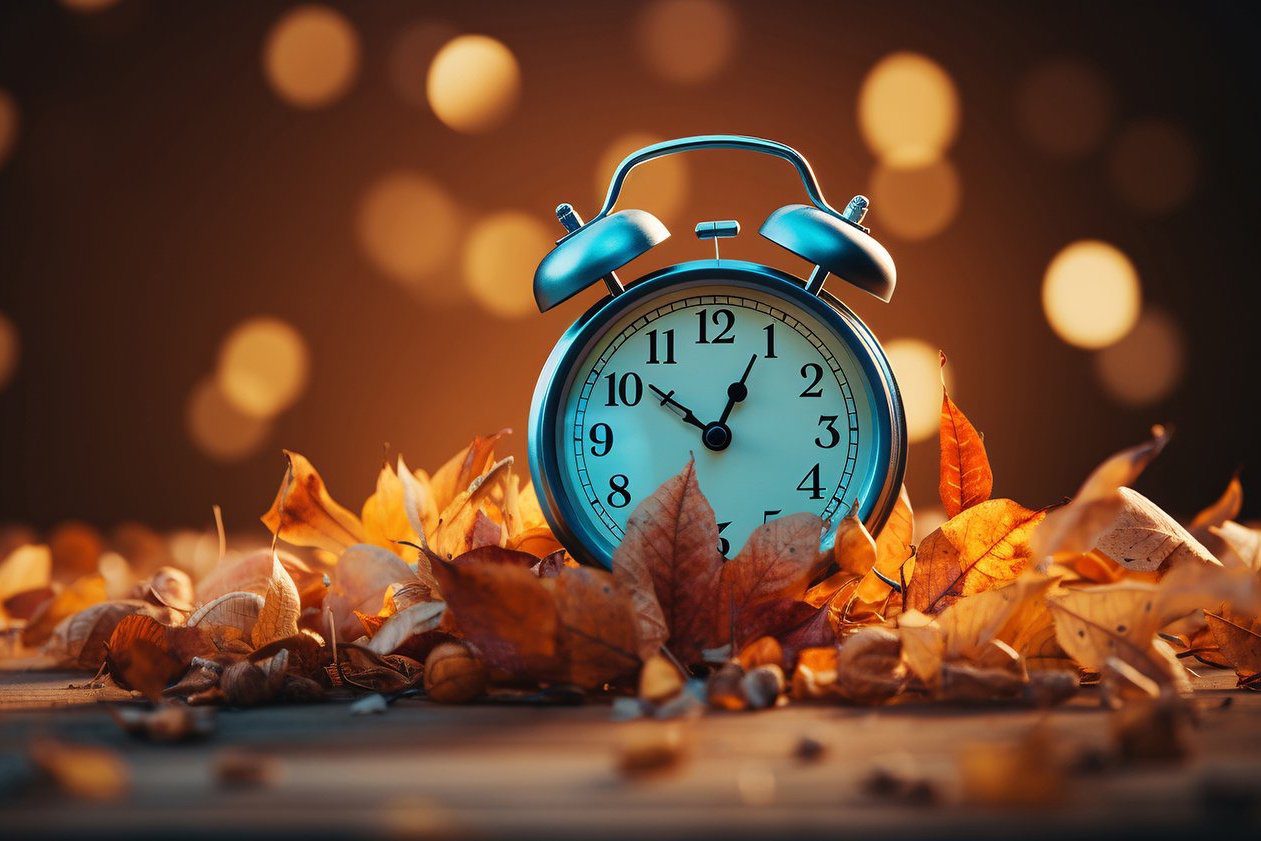
| Earlier this year, when there was talk about making Daylight Savings Time year-round in the Sunshine Protection Act, it may have seemed trivial. Why do we do this silly clock thing twice a year? Changing clocks by an hour seems like an insignificant jump, but it surprisingly does have complicated consequences. When Sen. Marco Rubio’s “Sunshine Protection Act” was in the news, many shared a similar opinion: Sure, the time change is annoying, but why keep “spring forward” when “fall back” time makes more sense through all seasons? In fact, “fall back” time is Solar Time and has been the regular time long before Day Light Savings Time or “spring forward” time was introduced. This year was the third and most successful round that Sen. Marco Rubio (R-FL) has tried to make DLS year-round. Rubio proposed the “Sunshine Protection Act” in 2018, 2019, and 2021. Noticeably, out of all the states on the mainland US, Florida is the state that would be the least affected by this proposition. Further, the Sunshine Protection Act would have actually decreased the amount of sun most Americans would get in the winter months. MYTH: Daylight Savings time does not have any agricultural ties. In fact, most farmers are staunchly against it. It’s a huge inconvenience. Daylight savings was roughly conceptualized by Ben Franklin while in Paris. When the sun woke him early in the morning after a late night, he had the idea to run some numbers that if everyone stayed up late and slept through the morning like he had that night, about 64 million pounds of candle wax would be wasted in six months. Ben Franklin’s Hot Take: it’s more efficient to wake up with the sun and go to bed when it’s dark. It wasn’t until WWI that Germany was the first country to implement clocks jumping forward in order to be more energy efficient. The States changed the clocks in 1918 and kept it after the war (for the most part… it’s complicated). In response to the energy crisis in the 1970s, Nixon instated DLS time year-round to help conserve energy. Initially, there was a 78% approval rate but it was scrapped in the first year (1974) when everyone was going to school or work in total darkness. Keeping DLS hours in the winter goes against the circadian rhythm and would actually take sunshine away from citizens. “The Sunshine Protection Act” would have supported the economy by conserving energy and giving consumers an extra afternoon hour to consume more, but starting the day long before sunrise would wreak havoc on sleep which most Americans already don’t get enough of. The Science: In the fall/winter months, the sun rises later and sets earlier, meaning shorter days. However, the earth is tilted. This means losing morning and evening light is not perfectly bookended. The change in sunrise is double or triple the change in sunset times, depending on latitude. For example, in Washington DC, the sun will rise 43 minutes later but only set 13 minutes earlier at the Winter Solstice (shortest day). Spring Forward takes sunlight from the morning and gives sunlight to the afternoon. Keeping DLS year-round would compound the effects of shorter days because the time of sunrise moves significantly more than the time of sunset. The sunny side is that it didn’t happen this year. If you’re reading this feeling a little jet-lagged because of DLS, keeping DLS year-round would cause a lot more fatigue. If the Sunshine Protection Act had anything to do with increasing sunlight hours (BTW: sunlight is a carcinogen so just make sure to wear your carcinogenic sunscreen), Rubio would have proposed Solar Time as the standard. Instead, it’s an attempt to lessen energy expenditure and encourage consumers to buy, shop, and do activities in the afternoon to put money in the economy at the expense of getting a sane, normal night’s sleep. *It’s Worth Noting that several sources mentioned the golf industry as a lobbyist or “active proponent” for year-round DLS time. Details are unclear, but the mention of how DLS time benefits golf kept showing up in a variety of ways. Of course, extra time in the afternoon means more time to hit the driving range. Watch out for Big Golf. |


